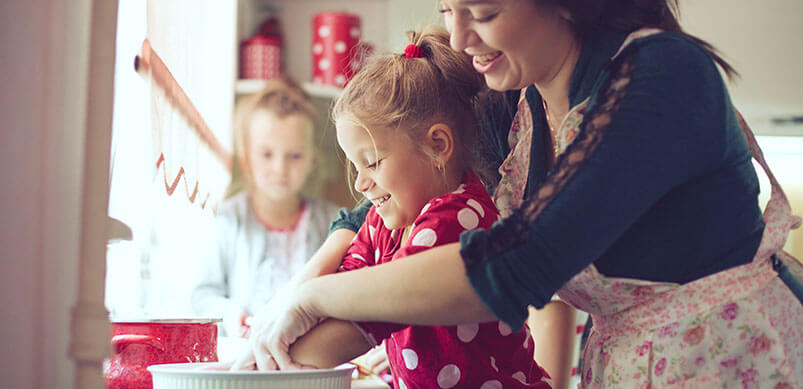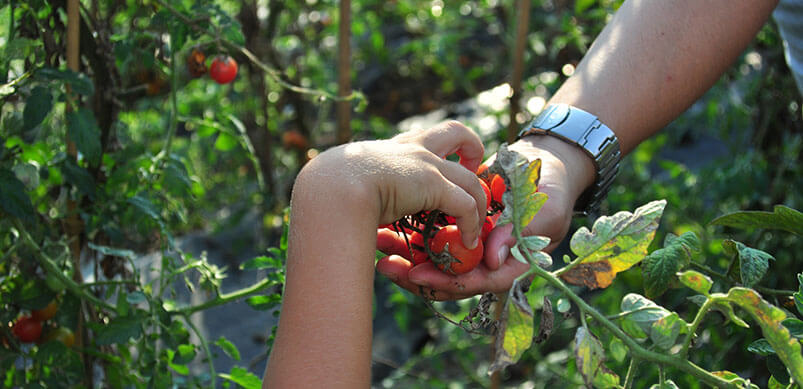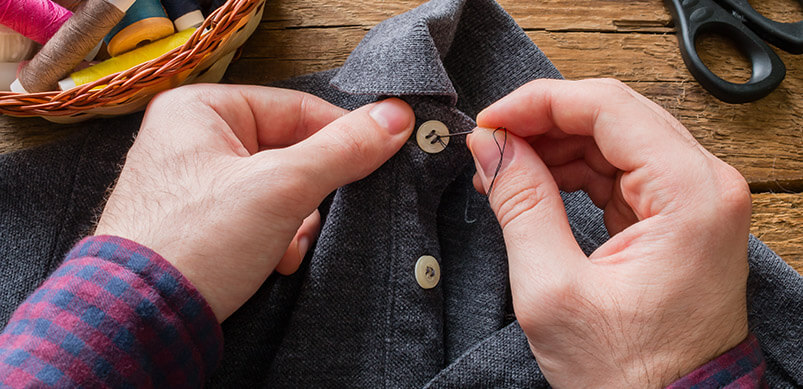
How YOU can save our planet!
June 13, 2019 | Repair, Re-use & Recycle | No comments
Did you know that the 2018 word of the year according to the Collins Dictionary was “single-use”? That goes to show just how worried we all are about our planet and the products, specifically plastics, that we throw away.
Our solution to change the modern throwaway attitude? YOU!
It’s pretty amazing what we humans are capable of when we put our minds to it. Everybody has something to offer skills-wise. Here at eSpares, we believe it’s by improving and sharing these skills that we can massively reduce the waste we send to landfill and into the oceans.
Without further ado, here are some of the ways you can use your skills to mend, up-cycle and reuse products.

Repair skills
- Learn how to fix-it-yourself. There’s loads of information out there to help you (like the how-to videos on our YouTube channel). DIY repairs really are easier than you think, we promise!
- Start small with the simplest of repairs and then gradually build up your knowledge and expertise.
- Chat with us on Facebook or on the “Ask and Answer” section of our product pages for advice about specific appliance problems.

DIY skills
- A lot of perfectly good kitchens and bathrooms get ripped out for the sake of fashion. Simple changes like a lick of paint or new kitchen cupboard doors can transform a room without the environmental impact (or the cost).
- Upcycle old pieces of furniture into something new.
- Put your woodworking skills to good use and re-purpose old wood to make furniture, storage or toys.
- Leftover paint can release undesirable chemicals into the environment when scrapped. See if you can donate yours to a neighbour, a charity in need or a local handyman instead.

Cooking skills
- Trust your senses when it comes to telling whether food is good to eat. Best before dates tell you when food will be at it’s freshest and most flavourful but that doesn’t mean the food is inedible when the time is up. Humans existed for hundreds of years without best before dates after all!
- Practice the art of turning leftovers into new meals. English cuisine actually lends itself very well to this with dishes like stew or bubble and squeak in our repertoire.
- If you have a freezer, cooking in bulk and freezing is more eco-friendly as it uses less energy to cook and bigger packs of ingredients have proportionally less packaging.
- You can even use your skills in the kitchen to make environmentally-friendly soaps, cleaning products, and beauty products.

Gardening skills
- Some food waste is inevitable and for this, you can set up your own compost heap. Compost made from your kitchen scraps can then be used to help your garden to flourish.
- Growing your own fruit, vegetables and herbs also helps the planet. They won’t come packaged in plastic or have been transported miles and you won’t get fresher produce than from your own garden or allotment.
- Plants help reduce CO2 so the more of them you nurture the better. There are even some plants like aloe vera or ivy that will help purify the air in your home, reducing the need for an energy-guzzling air conditioner.

Sewing skills
- Plastic bags are terrible news for the environment, specifically the oceans where a lot of them end up. Make your very own cloth bag (or several) instead.
- Don’t ditch your clothes when a button or a seam comes loose. Mend them!
- Once your clothes have gone past the point of repair turn the fabric from them into something else like cushion covers, bags or dolls’ clothes.
Tags: Environment, Life Skills, Repair Skills

